News
News / 06/07/2015 / 1820
Midyear is approaching. So, the moment has come to sum up achievements in the previous year and then focus on upcoming harvest and what the autumn will bring to winemakers... Since the most important European wine competitions, particularly those relevant for Serbian wine scene, are now over, here we take a closer look at the results achieved by wineries from our region.
This topic was discussed at length at this year's Winterfest in Kopaonik, on the panel dealing with the issue of wine competitions and wine evaluation.
As far as the European wine scene is concerned, certainly a competition with the best reputation and "weight" in the wine world is the Decanter World Wine Awards. This year, Decanter evaluation has been held for the 12th time (established in 2004) and the competition lasted from 27 April to 8 May 2015. Every year, around 15,000 wines from around the world arrive for evaluation. Jury Chairman is Steven Spurrier, accompanied with the army of 200 wine experts, journalists, judges. The fact that the list of jury members includes 66 Masters of Wine speaks volumes about jury's expertise. In Serbia, this contest significantly grew in popularity after last year's award to Stari Zavet 2011 from Janko's Cellar (Smederevo, Belgrade wine region), which entered the history of Serbian wine-making as the first Serbian wine which won the Regional Trophy for Central/Eastern Europe in the category of red wine above 15GBP at this competition. After this success, nothing stayed the same in Serbian wine-making sector. The appetites have increased among winemakers as well as the awareness that the quality of Serbian wines has reached world quality.
We need to wait for a few more days to have the results of this year's Decanter officially released, however, according to still "unofficial" results, this year we will have to put up with silver and bronze medals. Nevertheless, these results indicate that even in bad years, our wineries manage to maintain quality of their wines. Bronze and silver medals were awarded as an indication of extraordinary wines characterized by excellent quality. In any case, I feel great pleasure to hear that small family wineries from Sremski Karlovci this year got their moment of glory. Wineries Vinum, Kiš and Veritas are the new wave of Sremski Karlovci, and they have proven it at this year's Decanter. Also, Vranac from South Serbiais on the list of winning wines made from local varieties. However, we need to refrain from releasing official results until 14th June.
Sending samples to the competition costs 115 GBP, but wineries from Serbia often encounter quite rigid attitude of the British customs authorities, so wines delivered for evaluation undergo the same tariff rules as if they were intended for sale in UK shops, which significantly increases the cost of shipping.
London International Wine Challenge is a competition that has taken place in London for 32nd time this year. The jury is chaired by Charles Metcalfe, Tim Atkin MW and Oz Clarke. During those 32 years, the competition has developed the format in which winemakers can decide whether they want their wine to be evaluated in November or April, depending when the winemakers themselves believe that the wine shows its best qualities.
This year, Serbian wineries Aleksandrović and Aleksić have participated at the IWC competition. No gold was awarded to Serbian wines at this competition. Wines Rodoslov Reserve 2009 and Trijumf Barrique 2012 from Aleksandrović Winery and Amanet 2011 from Aleksić Winery earned silver medals. By comparison, 30 labels from Croatia were awarded this year at the IWC, but the top result was silver. Silver was the maximum also for wineries from Slovenia, Romania, Macedonia (it is surprising that Tikveš Winery won silver only with their wine Alexandria Cuvee 2013 (varietal composition: Vranac, Cabernet Sauvignon, Merlot) although we are accustomed to hearing about the winery's greater success in previous years). So, this year we can see rather similar quality level of wines in the region.
The registration fee for IWC amounts to 100 GBP per sample.
International Wine & Spirit Competition - Wine lovers often confuse this competition and the International Wine Challenge because both happen in London. Competition IWSC is the oldest wine competition in Europe. For the first time, it was held in 1969 and since then it has grown and attracted to the evaluation wines from around the world. Nowadays, wine samples come for evaluation from 90 countries. The jury consists of Masters of Wine, wine trade, sommeliers and wine journalists. Prior to evaluation, all wine samples undergo detailed chemical and microbiological analysis.
This year, Serbia was represented at this competition by Aleksandrović Winery. In addition to five bronze medals, Aleksandrović Winery has been awarded this year one silver medal for the wine Trijumf Barrique 2012. At the same time, Croatia made modest result at this competition with just one bronze medal.
The fee to participate in this evaluation amounts to 130 GBP per sample.
Concours Mondial de Bruxelles - Although the host city in the title of the competition is Brussels, this competition is changing venue every year since 2006. This year the competition was held in Lido di Jesolo, in the province of Veneto (Italy). Every year, the competition involves more than 8,000 samples of wines from around the world, and the jury is composed of Masters of Wine, wine merchants, wine journalists, enologists, university professors. This year, wineries from Serbia did not participate in this competition, and the region was represented by wineries from Slovenia, Croatia, Macedonia, Bulgaria and Romania.
Registration fee for participation in this competition is 150 EUR per sample, with additional discounts if the winery submits several labels for evaluation.
Mundus Vini is a significant competition for all wineries with an ambition to enter the markets of Germany and Austria. This contest has been held since 2001, and each year about 6,000 wines from around the world participate in the competition. The organizers of the competition have also introduced the possibility that winemakers submit samples of their wines for evaluation in February or August, depending on when they believe that their wines are in the best shape. Also, this competition is one of the few that allows the evaluation of barrel samples and wines which are not yet available on the market. The jury consists of German and international oenologists, wine retailers, sommeliers, restaurateurs and wine journalists. This year, at February evaluation, winery Agrolaguna from Istria (Croatia) reaped 5 gold and 1 silver medal for its wines. Wineries from Bulgaria have won 11 gold and 12 silver medals for their wines. Slovenian wineries went home with one gold and three silver medals. So did the Macedonians with 1 gold and 3 silver medals (you guessed it well, the award-winning wineries are Tikveš and Chateau Kamnik).
Austrian Wine Challenge - This competition is close to Decanter when it comes to number of wine samples submitted for evaluation. Every year, more than 12,000 labels from 40 countries of the world participate in the competition, and such numbers are certainly a result of affordable registration fee for participation in the competition ( 60 EUR). The competition is held in August. The jury evaluates wines at the Federal College and Office of Viniculture and Pomology in Klosterneuburg(Austria). The jury consists of Austrian and international oenologists, wine experts, sommeliers, journalists.
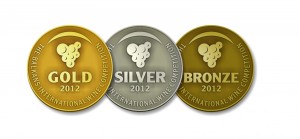
Balkans International Wine Competition - The regional competition was created in Bulgaria 4 years ago with the aim to promote Bulgaria as a reference center of winemaking in this part of Europe (and therefore the term Balkans serves to conceal association with cheap Bulgarian wines that have been exported for decades throughout Europe). This competition is slowly growing, so this year slightly more than 400 labels participated in the contest (mainly from Bulgaria, Serbia, Greece). It is certainly commendable that the jury, in addition to regional representatives, consists of well-known wine experts from the western countries, so this competition is a great opportunity for wineries seeking global recognition to present their wines to international wine star without large costs.
This year, wineries from Serbia emerged at BIWC competition in the strongest constellation, so it is no surprise that they picked up an array of medals. Only the hosts were surprised that the Bulgarian wine was overshadowed by Serbian wine offensive. Grand Trophy of the competition was awarded to wine Kremen Kamen 2012 from Matalj Winery. Awards for the best red wine and the best white wine were also taken by Serbian wineries Matalj (Kremen Kamen 2012) and Janko's Cellar (Vrtlog 2013). Other wineries from Serbia which were awarded gold medal in Sofia are: Ivanović Winery (No. 1/2 2013), Despotika Winery (Dokaz 2012), Kiš Winery (Misterija polusuva 2011 i Bermet beli NV), Pusula Winery (Pusula Gewurztraminer 2014), Janko's Cellar (Vrtlog 2013), Matalj Winery (Kremen Kamen 2012 and Kremen 2013).
Registration fee for participation in the competition is 65 EUR per label.
International Wine Contest Bucharest is competition based in Bucharest (Romania), which is held according to the OIV rules. This year the competition was held for the 12th time. The competition involved about 800 samples, and the organizers point out an ambitious plan to in the next year to double the number of samples in the competition primarily by attracting as many wineries as possible from the region of the Balkans. And in this competition, wines from Serbian wineries were awarded gold: Trijumf 2013 and Trijumf Barrique 2012 from Aleksandrović Winery, Vrtlog 2013 from Janko's Cellar, Trag 2013 from Despotika Winery, DiShiraz 2009 from Dibonis Winery, Potrkanjski Chardonnay 2012 from Jović Winery and Bermet from Kiš Winery.
Registration fee for participation in the competition is 70 EUR per label, with additional discounts depending on the number of submissions to the evaluation.
The Great Test of Serbian wines Vino.rs is the most relevant national evaluation of Serbian wines. Still going through the process of growing up and establishing clear rules, but we must praise the efforts of the organizers to help promotion of Serbian wines primarily in the domestic market. The jury is composed exclusively of international wine experts, journalists, Masters of Wine. This was a skillful way to block rumours about corruption and the impact of individual wineries on jury members. Last year, 130 labels were evaluated at this competition, but we can expect that the number of labels will further grow in the coming years.
If we take a general look at this year's wine competitions, we can draw several conclusions:
- We have left behind us a tough year in the vineyard (2014), which was reflected on the quality of wine all over the region ... At major wine competitions, wineries from Serbia, Croatian and Slovenia found it difficult to cross that magical boundary between silver and gold medal.
-Serbian wineries are increasingly present in international competitions. I have an impression that wineries should have better strategic plans which competitions to target and how to benefit most from media attention for their award-winning wines. Winemakers should answer the question whether it is more beneficial to promote silver medal from Decanter or gold awarded in Bucharest. Simply, participation in the competition is not cheap, and only large wineries can financially afford to collect 34 awards for their wines in the first 6 months of the year, as Tikveš Winery from Macedonia did.
-Wineries from Serbia are very disciplined and respect deadlines for submitting the wine when it comes to international competitions, despite bureaucratic and customs difficulties to transport wine across the border. Then there's no reason to behave differently when it comes to our national competition. Winery owners should show seriousness and professionalism in the same manner as they do it in international competitions, but at the same time they will show appreciation for efforts of the organizers of our national competition. Serbian wine scene is undoubtedly in need of such competition.
-Following the example of several countries in our immediate surrounding, we can see what happens when there is discrepancy in the market between the market leader, ie. one giant winery whose size restricts growth opportunities of small winemakers. Therefore, we should be satisfied (although we constantly emphasize difficult situation for Serbian winemakers because they are small, insufficiently organized, etc.) as wineries from Serbia still can position themselves in the local market by means of quality of their wine in competitive market environment. As a result, we have more and more small family wineries that won the highest awards at wine competitions on an equal footing with the large market players.
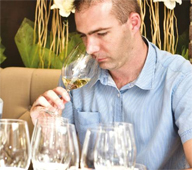
Tomislav Ivanović
Awarded wine writer, wine critic and contributor to selected wine magazines. WSET3-certified author and editor-in-chief of www.vinopedia.rs. Member of Vojvodina Sommelier Association. Juror in national and international wine competitions. Lecturing about wines of Serbia and the Balkans. Local partner of Wine Mosaic organization. Co-founder of International Prokupac Day.
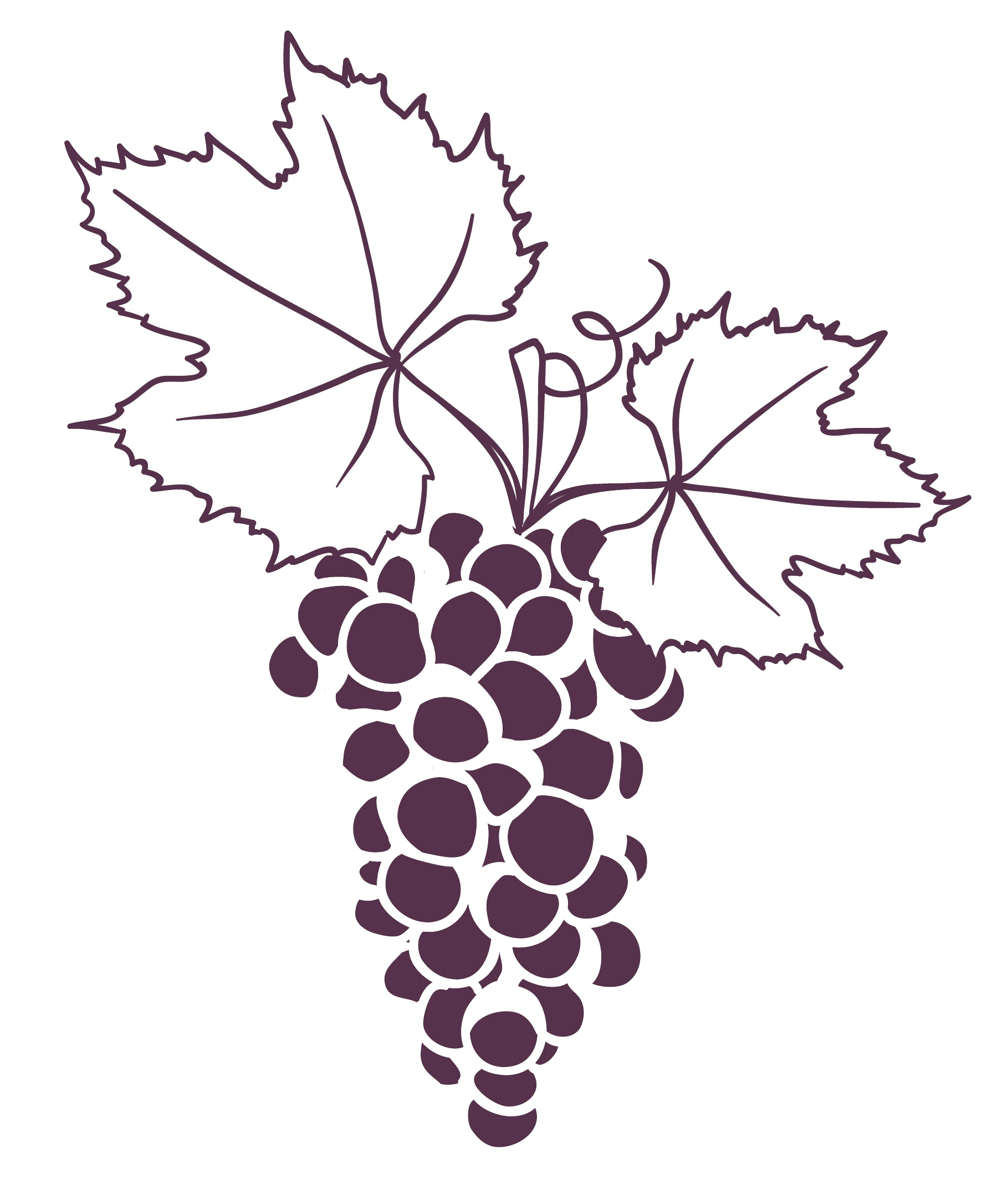
Pročitajte i druge članke iz ove rubrike:
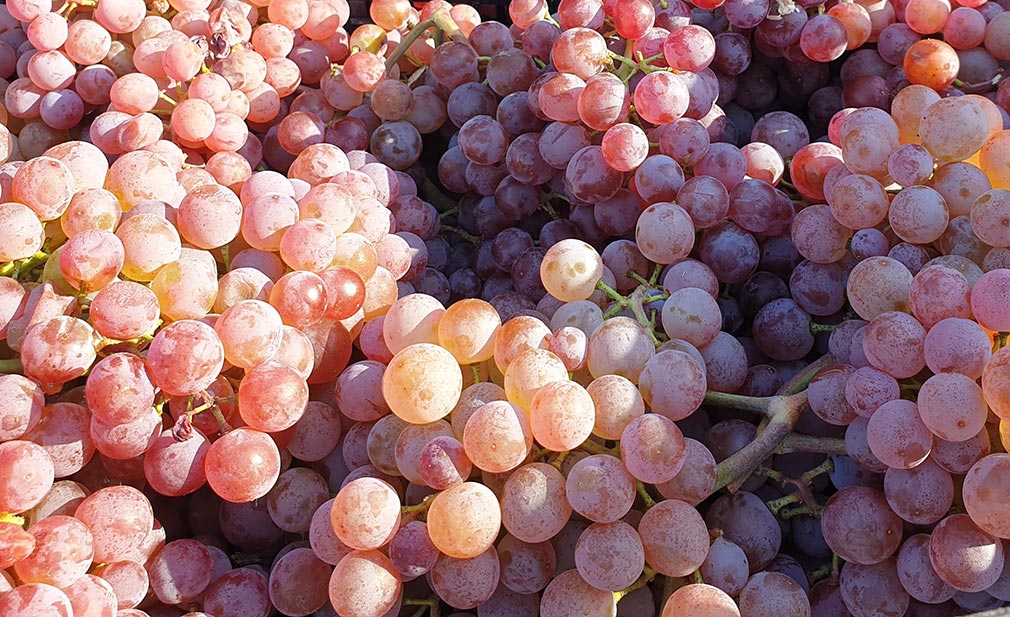

VINOPEDIA TOP 10 2024
PROČITAJ VIŠE
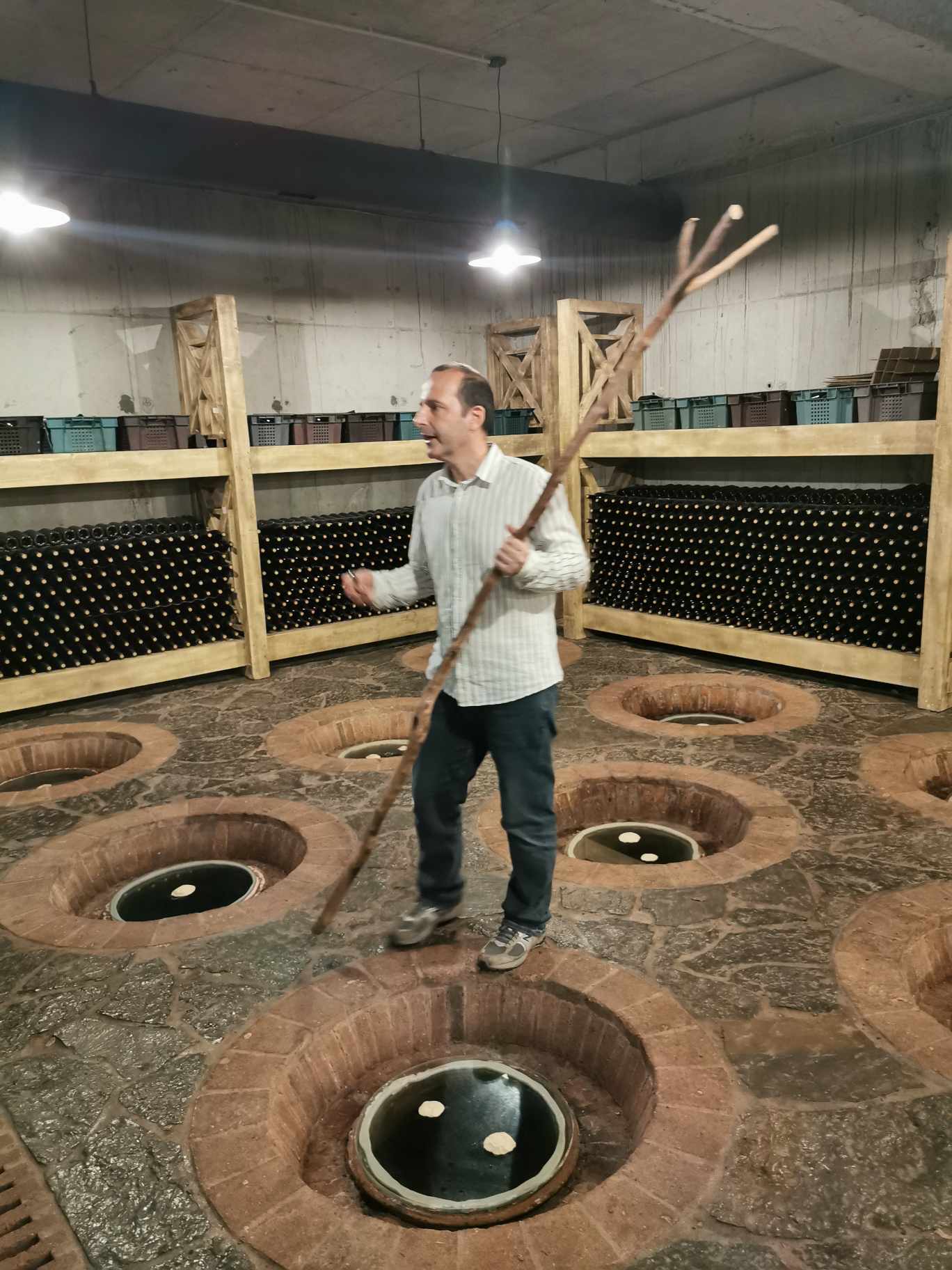

GIUAANI - VINSKI TURIZAM NA GRUZIJSKI NAČIN
PROČITAJ VIŠE
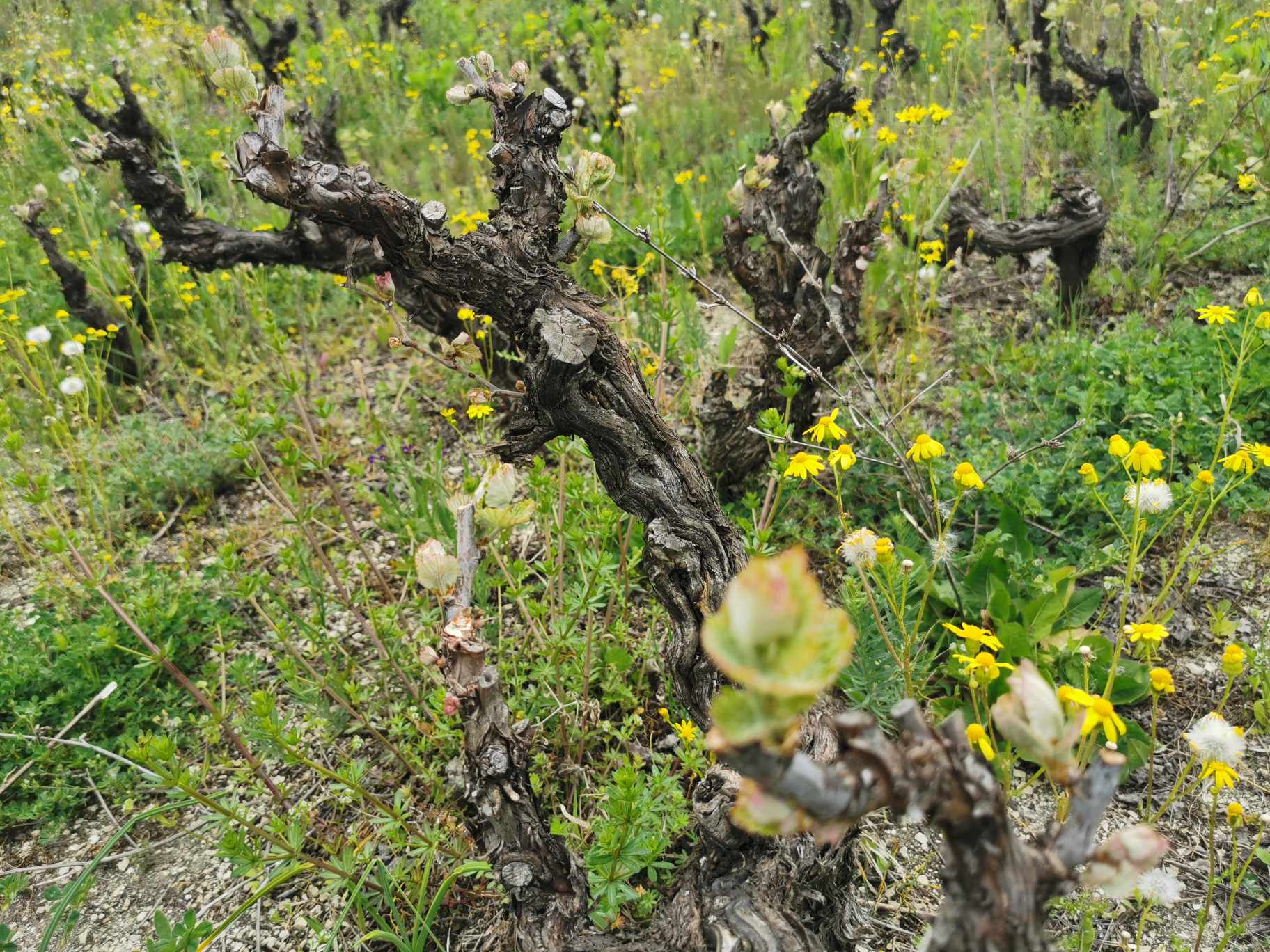

SPASIMO STARE VINOGRADE SRBIJE
PROČITAJ VIŠE
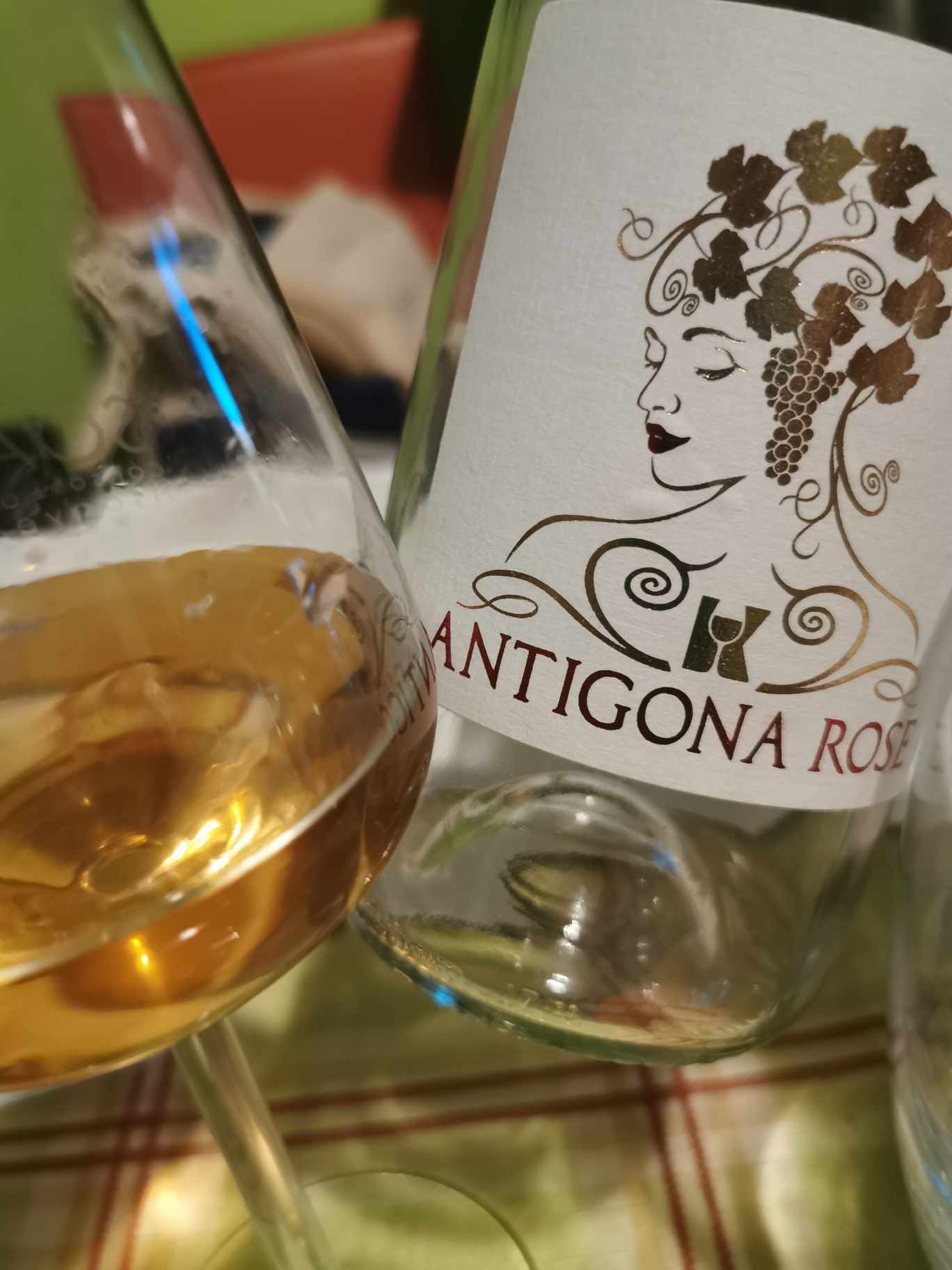

NAŠLI SMO ANTIGONU IZ ORAHOVCA
PROČITAJ VIŠE
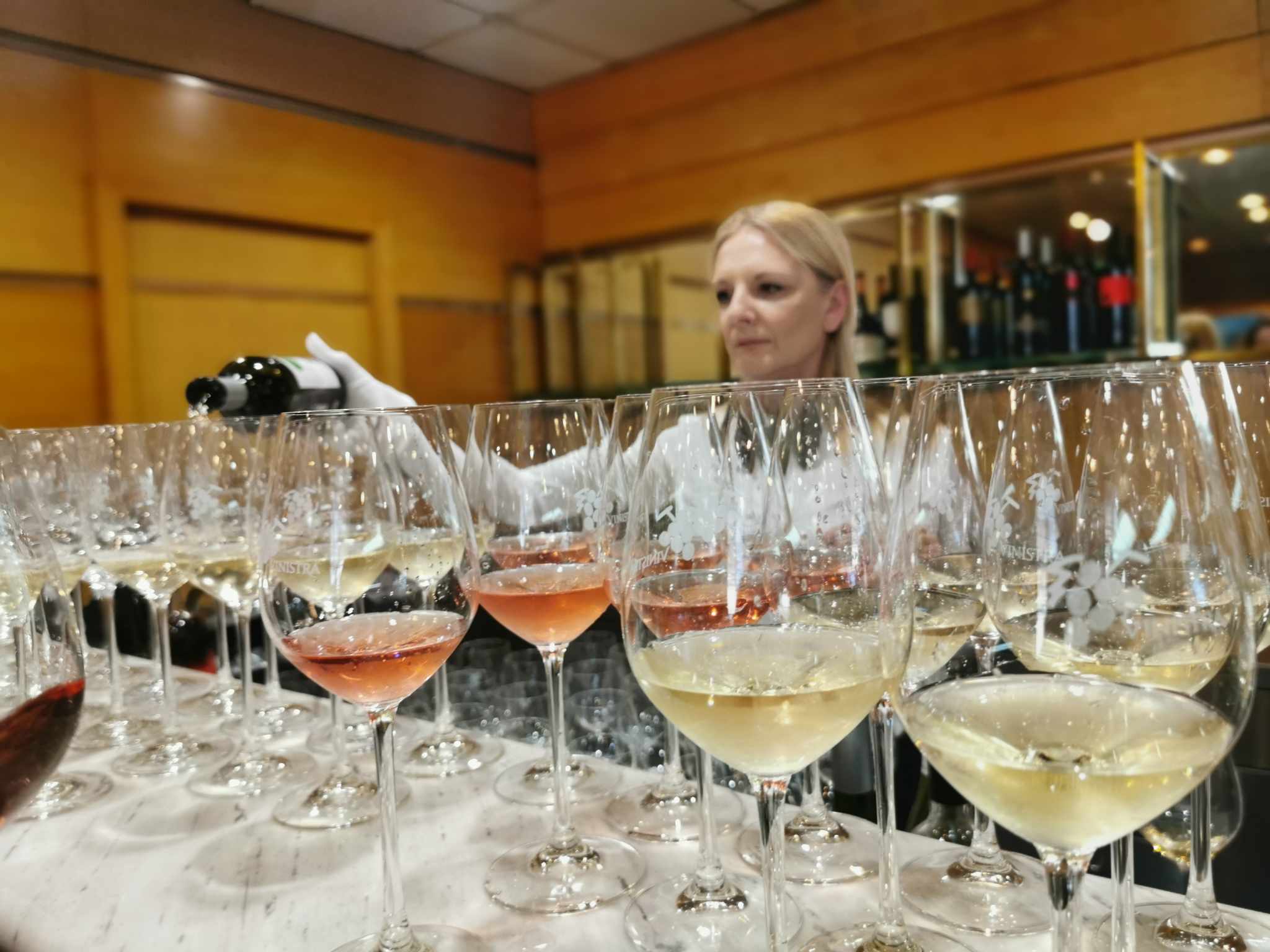

SRPSKO VINO KOŠTA 100 EUR - I ŠTA ĆEMO SAD?
PROČITAJ VIŠE
Winner MILLESIMA BLOG AWARD 2016
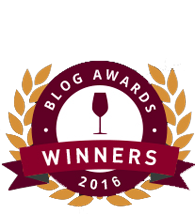
Pobednik MILLESIMA BLOG AWARD 2016
VINO & FINO wine personality of the year 2016
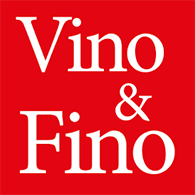
VINO & FINO vinska ličnost godine 2016